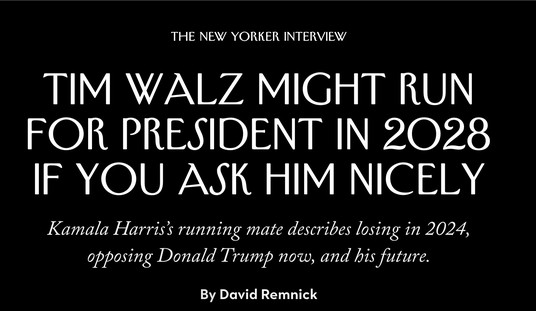The BBC reports today on the election run-off in Iran, in which the “conservatives” prevailed over the “reformists” and now hold an overwhelming majority in their parliament. Unfortunately, Auntie Beeb reports this as if it wasn’t a foregone conclusion, thanks to election-rigging by the Guardian Council. The British broadcaster glosses over the fact that the GC disqualified almost 2,000 so-called reformers before the elections:
Iran’s conservatives have consolidated their victory in the country’s parliamentary elections, after taking more seats in a run-off.
Conservatives now have 69% of all seats, reformists 16% and independents over 14%, the interior ministry says.
Eighty-two seats in which no candidate managed to win 25% of the vote in last month’s first round were contested.
The first round had already given conservatives a big majority, but many are critical of President Ahmadinejad.
Many reformist candidates had been disqualified from standing in the election by the country’s non-elected Guardian Council.
Many? Even NPR puts the number on it, showing the scope of the GC’s rigging to get exactly the result the BBC reports. Their disqualifications eliminated over 20% of the field, leaving Iranian voters little choice but to endorse the ruling clique’s politics. These elections are as free and fair as Cuba’s, where the only people allowed on the ballot are those who pass the Fidel Castro test of loyalty to the junta.
The BBC completely fails to mention another inconvenient fact: the Guardian Council holds all of the real power in Iran. The parliament has limited authority to handle day-to-day matters, but all policy and strategic planning gets handled by the mullahcracy. They handpick their parliaments like they hand-pick their presidents — to serve their interests and to act as a buffer for popular discontent.
That’s what makes their assertion that Mahmoud Ahmadinejad faces problems because of the parliamentary elections so ignorant. If Ahmadinejad has problems, it’s not with the parliament but with the mullahs of the Guardian Council. Ahmadinejad has lost popular support, and so the mullahs have rigged the assembly to allow a release of that discontent and criticism. It serves as a way to keep the pressure low so that the Iranians don’t push the mullahs up against the wall in a counter-revolution.
Ahmadinejad may get ousted in the next presidential election, not because the parliament will diminish him, but because the mullahcracy might consider him a liability at home and abroad. His successor will owe his position to the same forces that put Ahmadinejad, an obscure mayor, into the office in the first place — and those forces have nothing to do with the Iranian people.








Join the conversation as a VIP Member